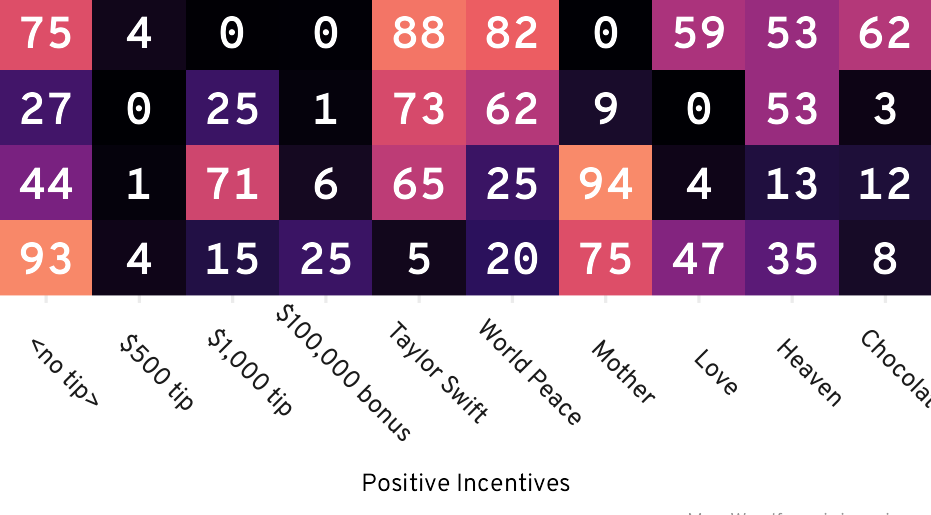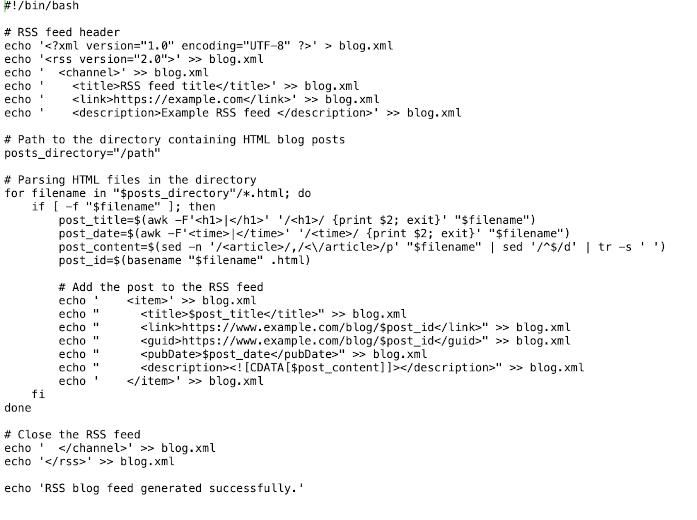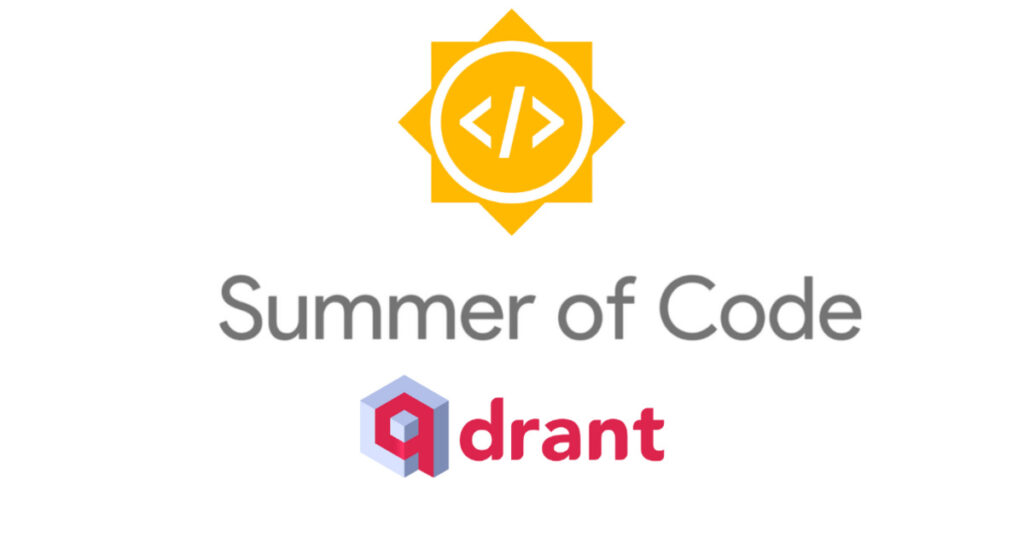Every Model Learned by Gradient Descent Is Approximately a Kernel Machine

Abstract:Deep learning’s successes are often attributed to its ability to automatically discover new representations of the data, rather than relying on handcrafted features like other learning methods. We show, however, that deep networks learned by the standard gradient descent algorithm are in fact mathematically approximately equivalent to kernel machines, a learning method that simply memorizes […]
Utility Classes Aren’t the Same as Inline Styles

Half a decade after the first commit of the pioneering ACSS, utility-first CSS is more popular than ever. With success comes many adepts but also a fair share of criticism. It’s a good thing: polarized opinions mean topics matter enough for people to care. Healthy debate contributes to identifying weaknesses and fueling growth, while indifference […]
GenAI and erroneous medical references

Large language models (LLMs) are infiltrating the medical field. One in 10 doctors already use ChatGPT in day-to-day work, and patients have taken to ChatGPT to diagnose themselves. The Today Show featured the story of a 4-year-old boy, Alex, whose chronic illness was diagnosed by ChatGPT after over a dozen doctors failed to do so. This rapid […]
Archival Floppy Disk Preservation and Use [video]
![archival-floppy-disk-preservation-and-use-[video]](https://cdn-y.objects.dc-sto1.glesys.net/A1da965d3ac0f2e44c08f1ae072687d311/uploads/2024/02/396016-archival-floppy-disk-preservation-and-use-video-1024x576.jpg)
Somaliland: A country shaped by poetry

Nina Strochlic is a freelance journalist covering migration, conflict and interesting people across the world. She was formerly as staff writer for National Geographic and a reporting fellow with the Alicia Patterson Foundation and the International Women’s Media Foundation. It was a dark February evening when a young Somali math professor posted a poem on […]
Does offering ChatGPT a tip cause it to generate better text?

In my previous blog post about OpenAI’s ChatGPT, I demoed the power of ChatGPT system prompts. System prompts, a notable feature present in the ChatGPT API, allows developers to control the “persona” of the LLM output, including special rules and constraints. Commands in the system prompt are much more effective than those at the user-input […]
TOTP Codes in the Terminal

The demise of Authy desktop has brought about a number of changes, probably the one of which I most appreciate is a mobile app which lets me edit codes: with 2FAS I can edit labels on codes, and I’ve finally been able to associate a code which I couldn’t identify (it had neither brand logo […]
Simple script to generate RSS feeds

1 Since my last blog post I’ve decided that I was not happy with just an update rss feed. So I’ve created a basic bash script to generate full RSS feeds with the article contained within and not just the link and title. How I’ve made my script work is by taking the folder containing […]
Architecture.md (2021)
If you maintain an open-source project in the range of 10k-200k lines of code, I strongly encourage you to add an ARCHITECTURE document next to README and CONTRIBUTING. Before going into the details of why and how, I want to emphasize that this is not another “docs are good, write more docs” advice. I am […]
We were not accepted into Google Summer of Code. So, we started our own

Google Summer of Code (#GSoC) is celebrating its 20th anniversary this year with the 2024 program. Over the past 20 years, 19K new contributors were introduced to #opensource through the program under the guidance of thousands of mentors from over 800 open-source organizations in various fields. Qdrant participated successfully in the program last year. Both […]